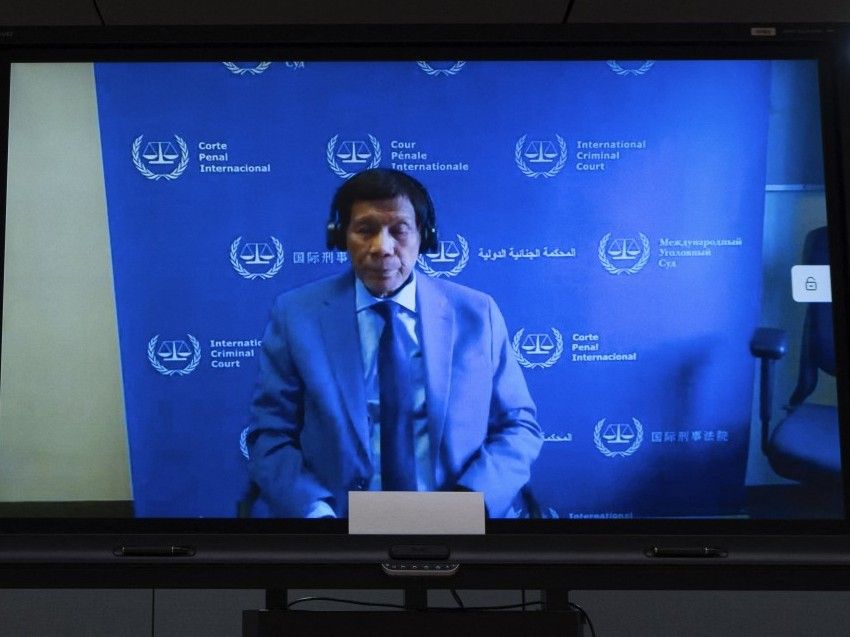
Upgrade to High-Speed Internet for only ₱1499/month!
Enjoy up to 100 Mbps fiber broadband, perfect for browsing, streaming, and gaming.
Visit Suniway.ph to learn
Jean Mangaluz - Philstar.com
April 10, 2025 | 3:21pm
Workers arrange cans on the production line of canned sardines inside a manufacturing plant in Santo Tomas, Batangas on March 1, 2023.
AFP / Jam Sta Rosa
MANILA, Philippines — The government’s economic team estimates that US President Donald Trump’s new tariffs could shave off 0.1% from the country’s gross domestic product (GDP).
Citing data from the National Economic and Development Authority (NEDA), Special Assistant to the President for Investment and Economic Affairs Secretary Frederick Go said the Philippines somewhat lucked out.
According to Go, the Philippines was slapped with a 17% tariff by the US — lower than most other Asian countries, except for Singapore, which received a 10% tariff.
China was slapped with a whopping 54%.
“However, we are aware that any tariff, any additional tariffs still affects certain industries in the Philippines, which is why we think that there is a bit of an effect here. Based on the NEDA estimates, it is possible that there will be a 0.1% on our GDP in the next two years,” Go said in a mix of English and Filipino during a media briefing in Malacañang.
President Ferdinand Marcos Jr. has since met with his economic team to discuss the tariff developments.
Go added that they are still assessing which local sectors will be most affected and are monitoring how other Asian countries are responding to the trade measures.
The Philippines has reached out to the United States Trade Representative (USTR) to seek dialogue. Go confirmed plans to travel to the US for a meeting, which is currently being scheduled.
“We’ve reached out to the USTR and we have communicated with them our desire to engage in a meeting or dialogue with them and they have positively responded,” Go said.
Trump’s tariffs have sent shockwaves throughout the world economy, raising concerns of inflation both within the US.
For the Philippines, economist Annette Pelkmans-Balaoing noted that while the Philippines may benefit in the short term from firms seeking alternatives to Chinese suppliers, there are also potential downsides.
In an article published on the University of the Philippines Center for Integrative and Development Studies’ website, Pelkmans-Balaoing said the country’s business process outsourcing sector could be significantly affected if US companies decide to scale back on spending.
She also warned of growing uncertainty in foreign investment across Southeast Asia. The global economic slowdown triggered by the tariffs could lead several multinational companies to delay expansion plans, she added.

 1 week ago
8
1 week ago
8



